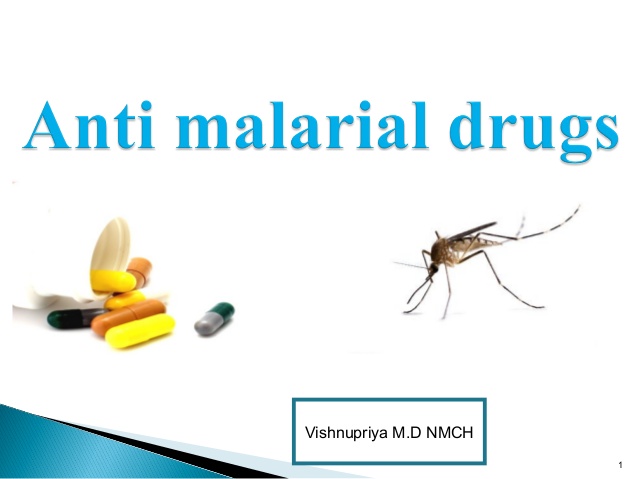NAFDAC Promises To Improve On Herbal Medicine Products For Global Acceptance
The National Agency for Food and Drug Administration and Control (NAFDAC) has pledged to ensure herbal medicine products improvement to enable global acceptance.
The pledge is contained in a statement signed by the agency’s Director-General (D-G), Prof Mojisola Adeyeye, and issued to newsmen on Sunday by NAFDAC’s media consultant, Mr Olusayo Akintola.
Akintola stated that Adeyeye made the promise in a message to commemorate the 2023 International Traditional Medicine Day, celebrated every Aug. 31.
The D-G commended the efforts of herbal medicines manufacturers across the country for their resilience.
She noted with pride the development of several herbal formulations and their progress from clinical trials stage to approval stage by NAFDAC.
Adeyeye said that the guidelines for the Good Manufacturing Practice (GMP), in herbal medicine production had been prepared by the agency.
According to her, NAFDAC is working on a series of trainings for practitioners to get accustomed to the guidelines.
She said officers of the agency would commence vigorous inspections of facilities, to ascertain the level of preparedness of the herbal practitioners in the business after the training.
According to her also, NAFDAC will monitor and ensure compliance with the guidelines after the training, and step down knowledge of the guidelines to the more than 614 herbal medicine facilities nationwide.
She said this was imperative to sanitise the sector as the agency could not enforce rules on herbal medicine practitioners that had not been trained.
The D-G explained that the facilities had been divided into zones, and the agency’s personnel across the federation would be deployed for the exercise.
She said that the strategy would also apply to practitioners in all other zones of the country, stressing that the deployment of NAFDAC personnel in each zone for the job would reduce cost for the agency.
The D-G disclosed that the stakeholder’s training would start with Lagos, which had more than 317 facilities,
She said after the training, the herbal practitioners would be given some few weeks to get ready for the inspection visits by NAFDAC personnel.
Adeyeye warned that any herbal practitioner that did not meet the agency’s standards would have the facility either shut down or placed on hold.
She noted that the agency was mostly worried about hygiene in herbal medicine practice, and so was training and counselling owners of the facilities visited to change their filling process.
She identified capsule filling as one aspect of their operations that was posing a big challenge to NAFDAC, as most herbal medicines were in capsule or syrup form and they did not have automated filling machines and were using the manual method which was not safe.
She therefore, warned that by the end of this year, the agency would not register any company without the semi-automated or automated capsule filling machines.
She noted that many Nigerians were using herbal medicine, and that the earlier the standard was raised, the better for the country.
Adeyeye disclosed that University of Lagos was establishing a manufacturing facility to enable all practitioners who did not have funds for filling automation use the facility at an affordable and reduced price.
“Herbal manufacturing GMP requires that the personnel be qualified, and the building be constructed to specific standards.
“The floor, walls, and roof must be clean, smooth, and impervious to moisture.
“All these are required to make contamination impossible as the guidelines emphasised the need for hygiene and also how the premises should be.
“We want a building that will make contamination impossible, the inspectors from the agency will be specific about how the equipment is placed to avoid cross contamination.
“In manufacturing, personnel are the greatest agents of contamination to products, the machines should be well placed to allow free flow of movement of staff”, she said.
She promised that the agency would find out how practitioners sourced and stored their raw materials and finished products.
The NAFDAC boss, however, expressed delight that three herbal product manufacturers were being awaited to conclude the clinical trials on some medicines.
She encouraged practitioners to present pilot study results for evaluation, saying that if found satisfactory, they could move to the larger study and later granted approval for full registration.
According to the D-G, people react differently to different drugs, hence the need for a larger number of samples for the study in the larger phase three of the clinical trials.





